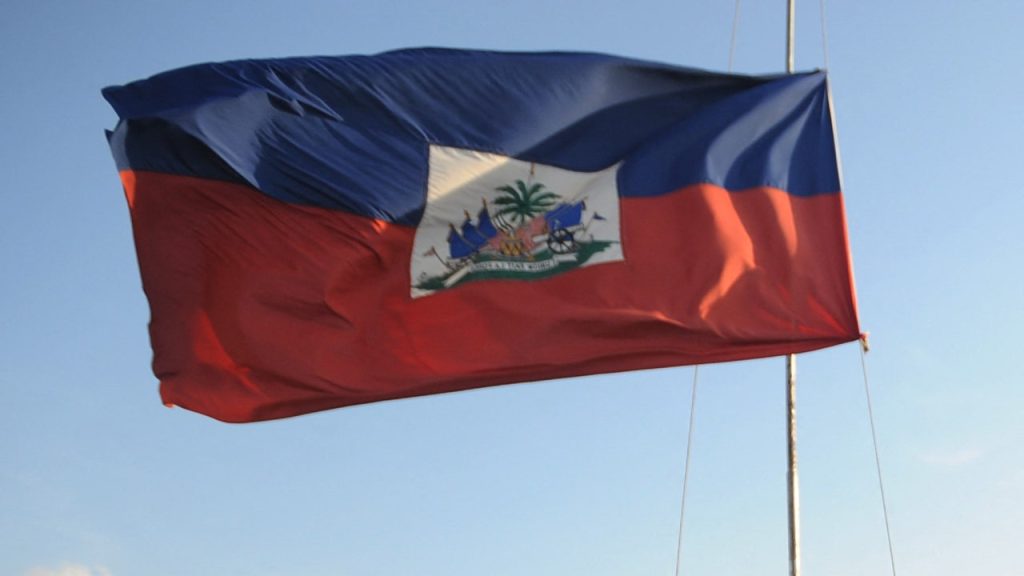A transitional council has been formed in Haiti to select the next prime minister in response to ongoing gang violence and political unrest following the assassination of President Jovenel Moïse in 2021. Prime Minister Ariel Henry had been stonewalled out of the country due to surging gang violence and anti-government protests. The council, established with the aim of choosing Haiti’s next prime minister and Cabinet, is seen as a necessary step to help alleviate the turmoil in the country, where criminal gangs control much of the capital.
The council, officially announced in a decree published in a government gazette, is expected to prompt the resignation of Prime Minister Ariel Henry as he had promised to step down once the council was created. The council is comprised of various parties, civil society groups, and sectors, with two non-voting seats also included for representatives from Haiti’s civil society and religious sector. The United Nations has expressed its commitment to closely monitoring the political process and has called for international support for Haiti’s National Police to help restore security and the rule of law in the country.
Caribbean leaders had previously announced plans to assist in forming a nine-member panel, with seven members given voting powers on the council. The creation of the council has been received positively by those who believe it could help steer Haiti in a new direction and tackle the widespread gang violence that has been plaguing the capital, Port-au-Prince. The violence in Haiti has resulted in over 1,550 deaths and more than 820 injuries from January to March 22, according to the U.N., with gangs launching large-scale attacks to prevent the return of Prime Minister Ariel Henry to Haiti.
Despite some decrease in violence, gangs are still carrying out attacks throughout Port-au-Prince, particularly in the downtown area where they have taken control of Haiti’s largest public hospital. The attacks by the gangs began in February, targeting police stations, the international airport, and prisons, leading to the release of thousands of inmates. Prime Minister Ariel Henry had been outside of Haiti at the time, advocating for the deployment of a police force from Kenya. While the violence has somewhat subsided, it remains a major issue in Haiti, and the establishment of the transitional council is seen as a step towards restoring stability and democratic institutions in the country.
The formation of the transitional council and the subsequent resignation of Prime Minister Ariel Henry is seen as a significant development in Haiti’s efforts to address the ongoing crisis of gang violence and political instability. The council’s composition of various political parties, civil society groups, and other sectors is meant to ensure a broad representation and inclusivity in the decision-making process. With the support of the United Nations and other international partners, the council aims to restore security and the rule of law in Haiti and bring about a new direction for the country. However, challenges remain as gangs continue to launch attacks and control parts of the capital, posing a threat to stability and the transition process in Haiti.













